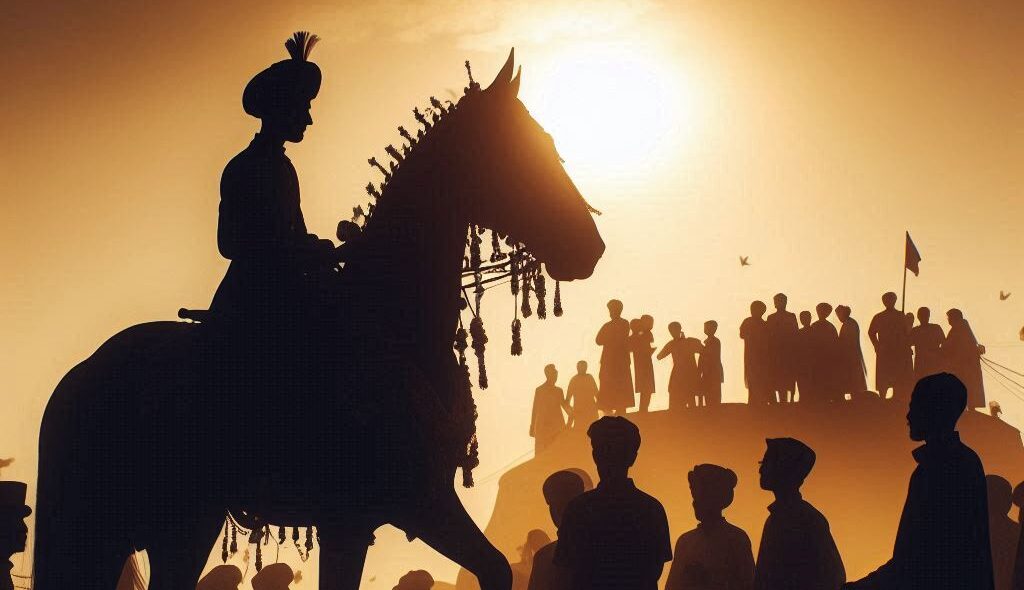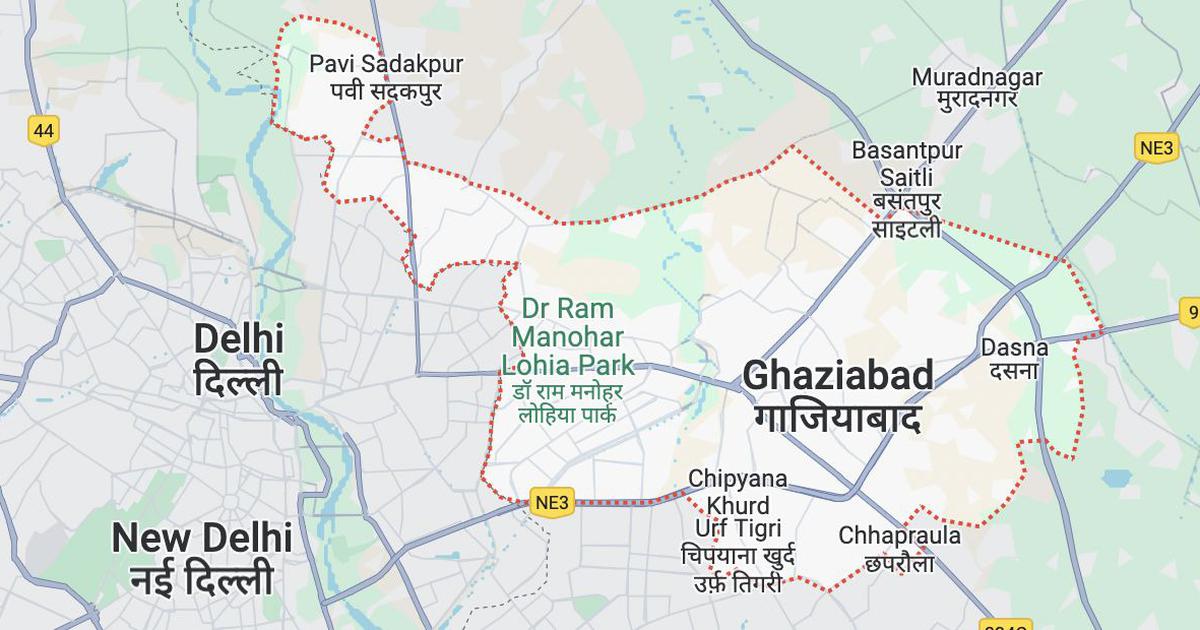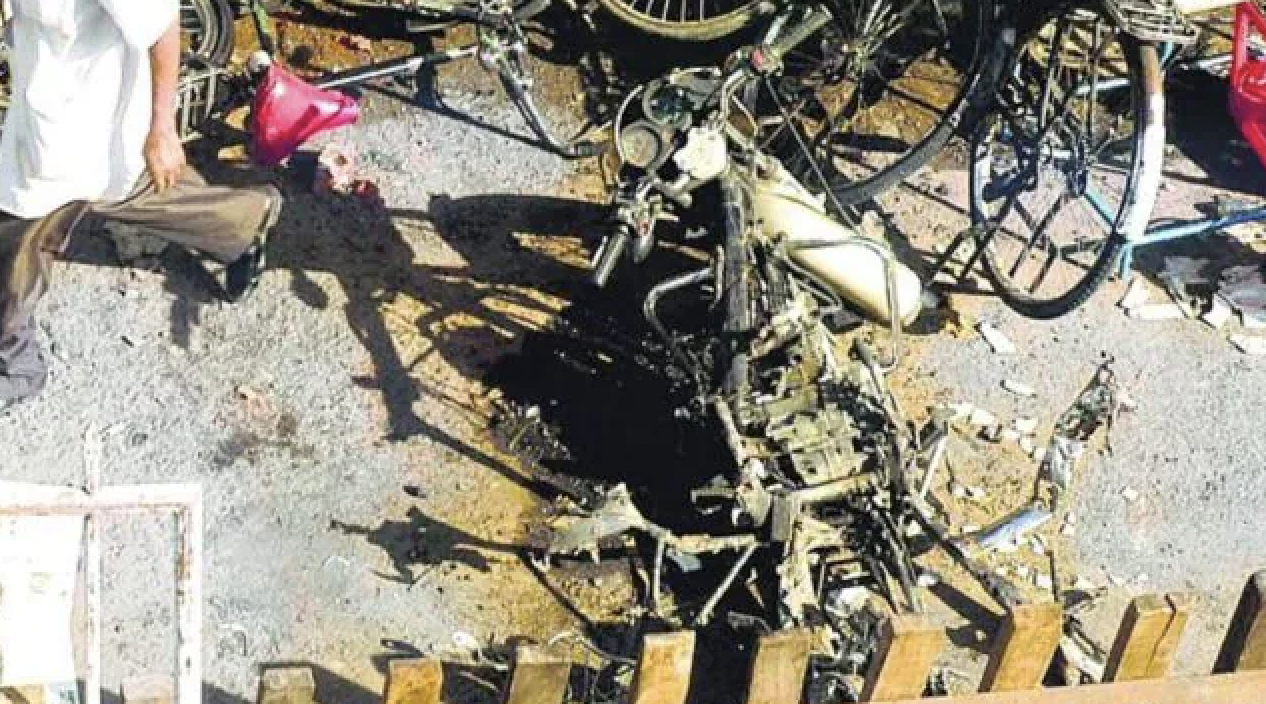
By Taniya Roy / The Wire
New Delhi: The hijab ban issued by the Karnataka government, later upheld by the high court, is creating and widening the social divide among student communities which could potentially lead to the ghettoisation of education, a study published by the People’s Union for Civil Liberties (PUCL) said.
The ban has forced some hijab-clad students to seek a transfer to Muslim-managed institutions, thereby limiting their interactions with students of other communities, said the interim study for which the PUCL spoke to students who were impacted by the ban. This has also led to a deep sense of isolation and depression among these students, the study revealed.
The Karnataka high court had declared that “wearing of hijab (headscarf) by Muslim women does not form a part of essential religious practices in the Islamic faith and it is not protected under the right to freedom of religion guaranteed under Article 25 of the Constitution of India.
Even the Supreme Court earlier this month had asked, while hearing a batch of petitions challenging the hijab ban, if the right to dress would also include the “right to undressing.” In another hearing, Justice Hemant Gupta had asked the advocate, representing the petitioner, not to compare the ban on hijab with the practices in Sikhism [wearing of turban] as these practices are well-established in the culture of the country.
The PUCL report said that the high court’s verdict has denied women their right to wear the hijab as a matter of choice and agency for themselves.
It’s important to note here that there are many women, irrespective of their religion, who like to cover their heads because it makes them feel safe. Hijab is a personal choice for several Muslim women, however, as The Wire had reported earlier, the headscarf has led to workplace discrimination for many in India.
Many experts had pointed to the high court’s failure to address the right to privacy, freedom of expression and the principle of ‘non-discrimination’ as per Article 15 of the Constitution.
Many have argued that the high court had failed to protect the fundamental right to education to be guaranteed by the state without any discrimination. After the verdict, a sizeable number of women were unable to appear for their examinations. In one such case, two of the petitioners in the hijab case were not allowed to sit for their board exams of second pre-university college – the equivalent to class 12 exams – for wearing a hijab.
This story was originally published in thewire.in . Read the full story here






